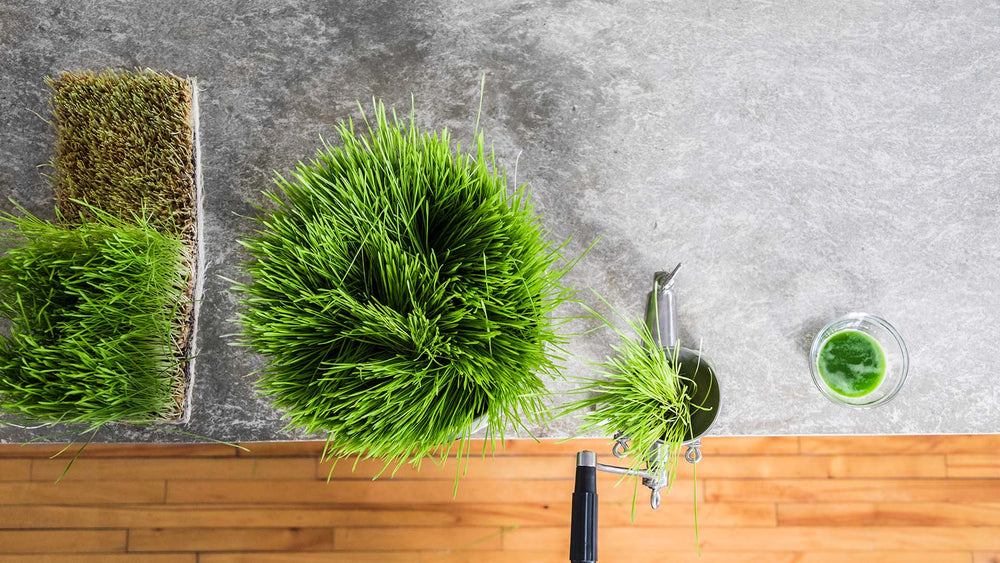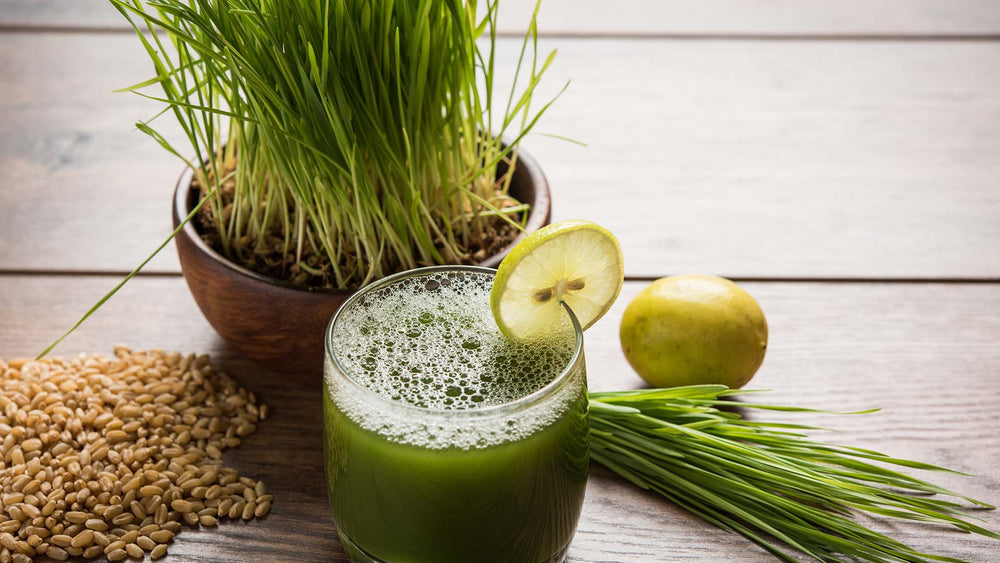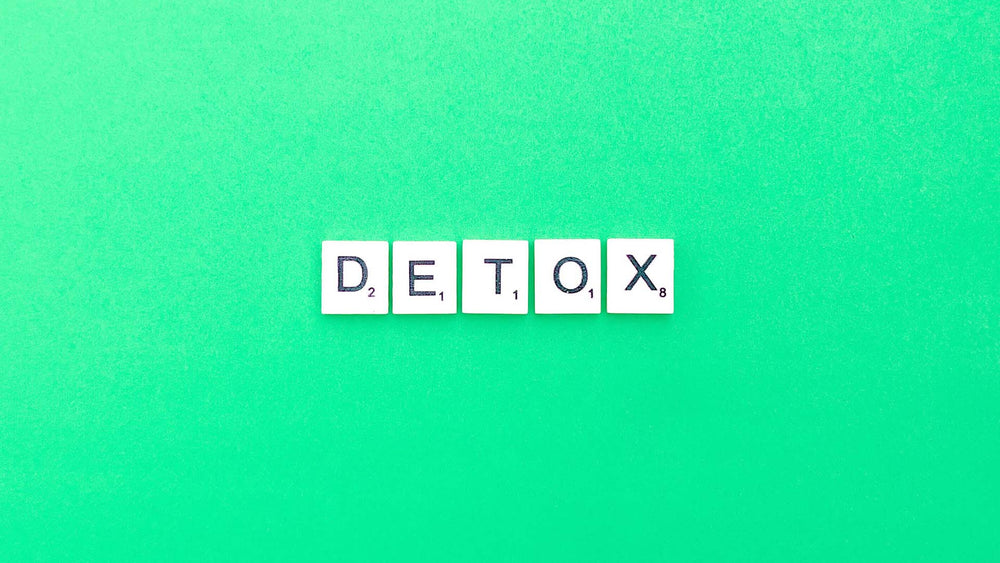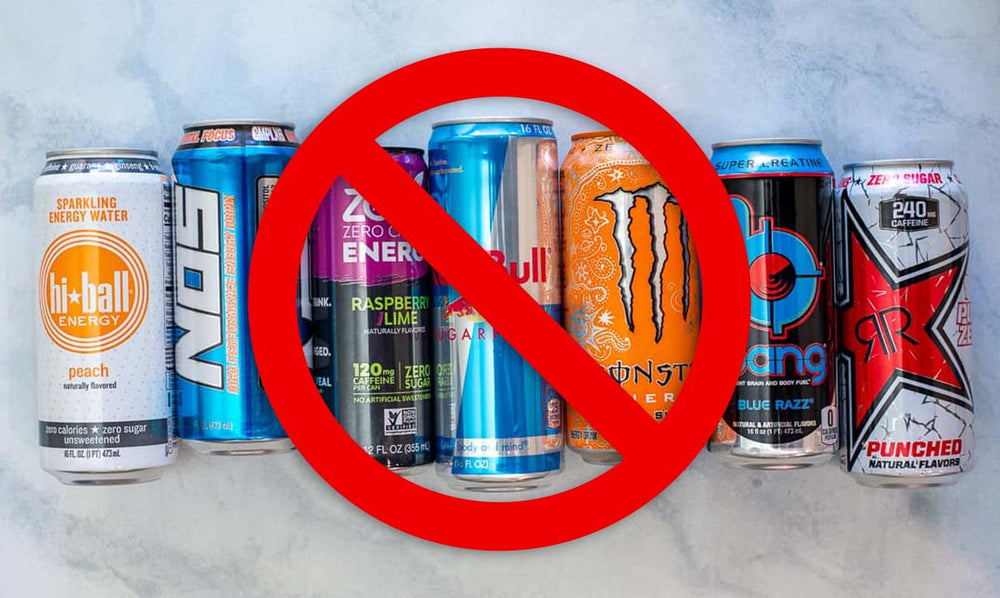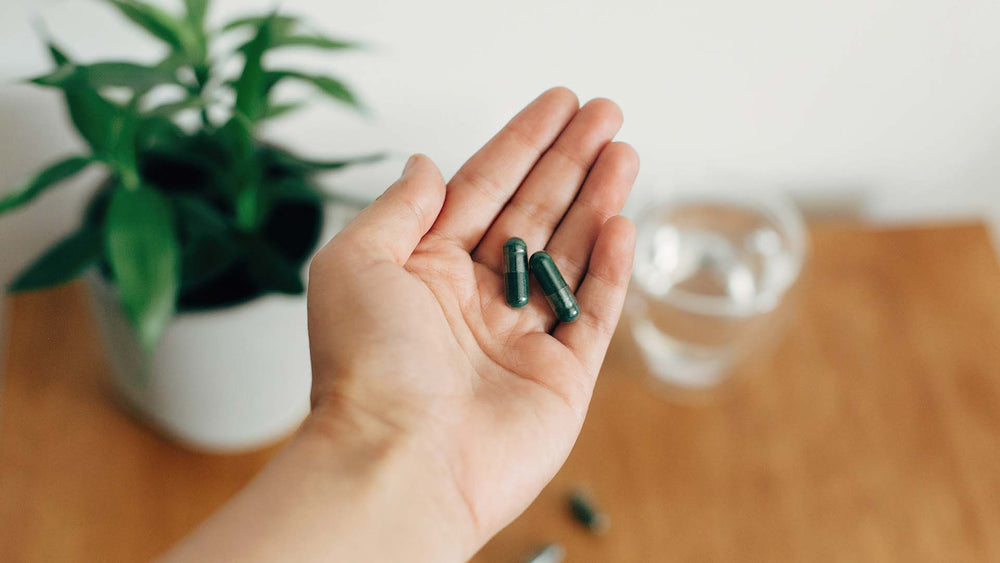When you're depressed or anxious, you feel too drained to exercise or even move around. Recent research shows that you can reduce depression with exercise while improving diabetes, obesity and other health problems. Exercise releases endorphins, “nature's antidepressant”, leaving people happier and calmer. Physical activity can boost your mood whether you have occasional depression, clinical depression that requires medication, or no depression.
A study cited in the Journal of Psychiatric Practice shows that aerobic exercise, and to a lesser extent, resistance training, may be helpful for severe depression. Researchers suggest patients exercise five times a week for between 45 and 60 minutes per session. The study found that some patients experienced less depression within four weeks, although the researchers recommend 10 to 12 weeks of exercise. The dropout rate for the study was 15%, the same as therapy and medication rates. Patients who didn't respond to medication alone showed significant improvement during a four month study that added exercise to their depression treatment.
If researchers have discovered that patients on medication can reduce depression with exercise, imagine what it can do for occasional depression.
Mental and Emotional Benefits of Exercise for Depression
Exercising outdoors or at a health club expands your social life. You'll have more chances to talk to people with similar goals. Even saying hi to people as you take a walk down your block can invigorate you and bring back dormant social skills. Depression isolates you; exercise brings you “out of your shell”.
Exercise distracts you from your worries, clearing your mind of the vicious cycle of negative thoughts. It causes more blood to flow to the brain, helping improve mental clarity and focus.
Setting and meeting daily exercise goals gives you a sense of accomplishment. You'll gain confidence while your depression fades, and trim your waistline in the process.
Exercise, (or any physical activity including gardening, housework and errands), revs up your body temperature, making you calmer.
Physical activity reduces inflammatory chemicals that contribute to depression. A study featured in the Journal of the American Medical Association (JAMA) Psychiatry showed high rates of inflammation in the brains of depressed people. You can reduce depression with exercise and by eating foods containing Vitamin C and other anti-inflammatory compounds.
Reduce Depression with Exercise – Look at the Big Picture
Any exercise or physical activity can help reduce depression and keep you healthy. Some forms of exercise are more vigorous than others, while physical activity refers to unstructured leisure activities with reduced, but important health benefits.
Structured exercise programs, such as playing in a volleyball league every week or taking a Pilates class, are designed to enhance physical fitness. Any unstructured physical activity that uses energy and contracts your muscles, from walking to the store to playing catch with the kids, helps reduce depression and improve overall well-being.
Combine formal exercise and daily physical activities to reduce depression and lose (or maintain) your weight. You don't need to stick to one type of exercise to reduce depression – you may choose to go rollerblading with a friend one day, take a long walk the next day and play soccer in a park district league on the weekend. There are so many exercise choices, you'll never get bored.
Daily Physical Activities Keep You Moving to Reduce Depression
Take the stairs instead of an elevator or walk to an event instead of driving. Ride your bike to work if you live close to your job. If you work at home, take frequent breaks to lift hand weights or run on a treadmill. Take a walk or ride a bike during your lunch break.
Set manageable goals. You don't need to exercise an hour every day of the week or bench press weights at the health club. Think about what you can do and build on it gradually. You may need to start your exercise program by walking 15 minutes a day or doing yoga, then graduating to more intense activities. Overscheduling yourself during the initial phase of your exercise program may lead to frustration.
You may encounter setbacks, but keep going. Reward yourself for the progress you make, even if you're only able to walk or exercise a few minutes a day at first. If you need to skip a day or cut your exercise session short, continue your routine the next day as usual. Exercise isn't an all or nothing proposition – every minute spent moving your body helps to reduce depression.
If you have a hard time getting started, look at all the options available to you. If you're self-conscious, you may want to exercise at home until you feel comfortable in a class or at a gym. If you don't have money to spend on exercise equipment or a health club membership, take a walk in your neighborhood or swim in a public pool. Find an exercise partner, join an amateur sports team or take a class if you find it hard to get motivated on your own.
Top Workouts to Reduce Depression with Exercise
All exercise helps to reduce depression, but aerobic and cardio workouts have the edge. About 20 to 30 minutes a few days of the week is ideal, but research shows that the intensity of an exercise, as a rule, won't increase the amount of depression-fighting benefits. Here are a few of the top workouts to reduce depression.
1. Running
The euphoria of runner's high reported by many joggers is due to the flood of endorphins in the brain set off by exercise to reduce depression. Endorphins, the body's feel-good chemical is responsible for that sustained, happy feeling during or after exercise. The body's natural morphine, endorphins relieve pain while stifling depression.
2. Walking
Whether you're in good physical shape or sedentary and overweight, walking can help you see the sights and relieve depression. An aerobic exercise that anyone can do, walking doesn't require any classes or training. Slip on a pair of supportive shoes, and you're good to go. If you've led a sedentary lifestyle due to depression, walk a few minutes to start and then build up time and distance gradually.
3. Jump on a Rebounder
Bouncing or jumping up and down on a rebounder or trampoline is a fun way to get endorphins flowing. Rebounders or mini-trampolines are relatively inexpensive at most big-box or online stores, and you can jump up and down while watching TV or taking a break at home. Even if you don't have a rebounder, bend your knees and bounce for a few minutes. It will improve circulation and oxygenate your brain as it releases endorphins. Bouncing for a few minutes is a great way to reduce depression with exercise.
4. Clean Your House or Apartment
Cleaning isn't technically an exercise, but it gets your body moving and your blood flowing, releasing endorphins. Scrubbing the floor or washing walls gives your muscles a workout, and having a cleaner living space will make you happier. A cluttered or dirty apartment increases depression and anxiety, but living in a cleaner space can only boost your sense of self-worth. Regular gardening and yardwork can give you all the benefits of exercise as well.
Reduce Depression with Exercise – More Tips for Beginners
Doing yoga, Tai Chi or other gentle mind-body exercises have been shown to reduce depression and anxiety, particularly in the elderly. Tai Chi combines dance and martial arts poses that flow into one another. It helps improve balance, breathing and concentration. Tai Chi “shows great potential for becoming widely integrated into the prevention and rehabilitation of a number of medical and psychological conditions”, according to an article in the International Journal of Behavioral Medicine.
Exercise is a healthy way to deal with depression. Many individuals overeat, take drugs or drink alcohol to camouflage their pain instead of coping with it. Drinking, smoking and eating junk food will only cause more serious health problems and increase the severity of your depression. Don't escape from your depression; confront it in a positive way through exercise, nutrition, relaxation and therapy.
Reduce Depression with Exercise and Other Lifestyle Changes
Although you can reduce depression with exercise, you can increase your chances of staying happier and healthier by including other lifestyle changes.
Eat nutritious foods. Fresh fruits and vegetables, whole grains, fish, nuts, seeds, yogurt and anti-inflammatory spices (garlic, turmeric, cayenne pepper) should be diet staples. Oranges, apples, blueberries and other fruits contain large amounts of anti-inflammatory Vitamin C, to fight disease-causing free radicals and improve your mood. The Omega 3 fatty acids in salmon and tuna boosts brain function and reduce bad cholesterol, but studies have also shown they reduce depression. Research conducted at Ireland's Royal College of Surgeons showed that self-harming patients who received an Omega 3 supplement for 12 weeks showed greater reduced depression at the end of the study, than those who received a placebo.
Meditate. Studies have indicated this relaxation technique, like exercise, may rival the use of SSRIs and other antidepressants in treating depression. Research showed that mindfulness meditation, a technique used to make individuals aware of their breathing and body sensations may be just as effective as medication in treating depression and anxiety.
Taking a high-value wheatgrass supplement supplies you with hundreds of nutrients you may not get from food. Getting enough vitamins, minerals and amino acids in your diet is sometimes difficult, and wheatgrass tablets can pick up the slack. Wheatgrass is taken from young grass of grain plants just after sprouting. The vitamins and nutrients in wheatgrass include depression-fighting Vitamin C, B-complex vitamins and magnesium-rich chlorophyll. Magnesium has been cited as a natural treatment for depression in many studies, and the most potent relaxation mineral to relive stress. Most Americans don't get enough magnesium in their diets, and wheatgrass has high magnesium content, plus essential amino acids. Amino acids are protein building blocks. Your body turns them into serotonin, dopamine and other neurotransmitters necessary for calm nerves and a balanced mood. When you don't get enough amino acids through your diet, you become anxious and depressed. Wheatgrass contains tryptophan, glutamic acid, alanine, methionine and other essential and non-essential amino acids.
A wheatgrass supplement tablets offers many more health benefits, including better circulation, lower blood pressure and a skyrocketing energy level.
HappyGirl, Zeal O2 and REVV Help Fight Depression with Wheatgrass
You can reduce depression with exercise, but be sure to eat healthy and add a wheatgrass supplement tablet to your daily routine for even more mood-balancing power.
Nutritional supplements from Wheatgrass Love are formulated with high-grade wheatgrass and a blend of lab-tested herbs. Our 100% natural wheatgrass products include Zeal O2 Natural Weight Loss Supplement, REVV Natural Energy Supplement and Happy Girl Natural Mood Enhancing Supplement. The magnesium, Vitamin C and B-complex vitamins in wheatgrass work together to reduce depression, and all our products have extra B-complex vitamins added to what's naturally in wheatgrass.
HappyGirl, our 100% natural mood enhancer, combines the anti-depression power of magnesium, amino acids and B-complex vitamins with a specially formulated herbal blend. Ginseng, gingko biloba, cayenne pepper, gotu kola and other hand-picked herbs provide anti-inflammatory properties while neutralizing mood swings. Happy Girl reduces occasional mild to moderate depression. And that's not all – the vitamins, minerals and other nutrients in Happy Girl guard against heart disease, poor digestion, anemia and other health problems. Women, men and seniors can use Happy Girl to reduce depression and promote overall well-bein. Read more about Happy Girl here.
REVV Natural Energy Supplement lifts your mood while it energizes you. These tasty chocolate wafers are a great alternative to energy drinks. REVV has a wheatgrass base, with cocoa, caffeine, L-taurine and periwinkle herb providing additional nutrients. Cocoa does more than give REVV its flavor. It's also a flavonoid that fights depression-causing inflammation. Periwinkle herb increases blood flow to the brain and may guard against dementia and Alzheimer's. Last but not least, L-taurine, which helps calms the nervous system by increasing production of the neurotransmitter GABA. Taurine improves cognitive function in the elderly and, along with the magnesium in wheatgrass, helps you relax and sleep better at night. Read more about REVV Natural Energy Supplement here.
Call us at 877-303-1717 to order REVV, Zeal O2 or HappyGirl by phone!






